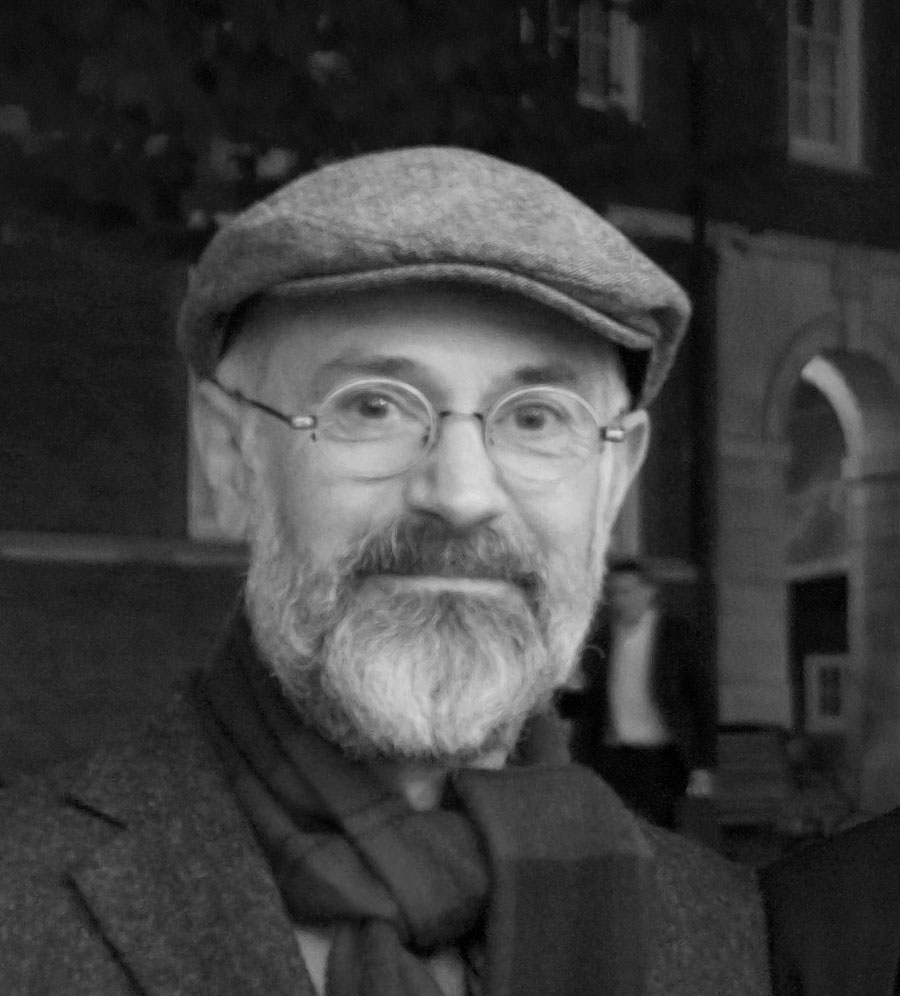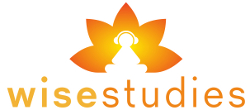Description
In this course John Danvers presents a personal view about mysticism, what he calls ‘the mysticism of being-here’ – a particular interpretation of mysticism that differs from many of the more orthodox views. While many approaches to mysticism focus on the aspiration of mystics to enter states of transcendence and ‘supernatural’ states of consciousness, his approach focuses on the aspiration of mystics to be fully present to each moment of existence, to enter the mystery and miraculous nature of this life.
John draws on the writings of a wide range of mystics, and on commentaries by other authors who have addressed different aspects of mysticism; these include: Teresa of Avila, Jacob Boehme, the anonymous author of The Cloud of Unknowing, Meister Eckhart, Martin Heidegger, Thomas Merton, Baruch Spinoza and a number of Buddhist teachers. He also discusses examples of poetry and other writings that manifest the distinctive qualities of the mysticism of being-here.
TALK 1 – Introduction – what is mysticism?
In this first talk, I tackle the question ‘what is mysticism.’ Because of the many different definitions and usages of the terms ‘mystic,’ ‘mystical’ and ‘mysticism,’ I begin by discussing a few of these definitions in order to outline the distinctive characteristics of mysticism as defined within what I call the ‘orthodox approach.’ I make reference to the work of a number of scholars, including, William James, F.C. Happold and others. I also introduce and explain what I mean by the phrase ‘the mysticism of being-here.’
TALK 2 – Martin Heidegger, Thomas Merton, Meister Eckhart & Jacob Boehme
Exploring some of the ideas and insights of Martin Heidegger, Meister Eckhart, Thomas Merton, John Dewey and Jacob Boehme. Providing evidence to support my argument that at the heart of mysticism lies a profound experience of being or becoming – a realisation of God as an open field of consciousness, an awareness of what it is to be here-and-now in full awareness of this life.
TALK 3 – Contemplative prayer and mindful meditation – ‘listening in silence’
In this talk the focus is on contemplative prayer and mindful meditation as ways of waking-up to this life, to the process of being-here. I discuss the approaches taken by Thomas Merton and a number of poets including T.S. Eliot, Kathleen Jamie and Charles Tomlinson.
Talk 4 – Mysticism and language – Nameless, limitless and beyond distinction
Exploring the relationship between the mysticism of being-here and verbal language – the ways in which words and ideas come face-to-face with the nameless, limitless mystery of existing, living, breathing – and of the indivisible nature of the universe.
TALK 5 – Spinoza and being-here – more poetry and Father Vincent
Introducing some of the ideas of the Dutch philosopher, Baruch Spinoza, and saying more about the miracle of being-here and how poets have evoked and celebrated this experience. The talk ends with a brief description of someone who, for me, embodies the mysticism of being here.
TALK 6 – Awakening to living – mindful meditation, Michel de Montaigne and Kenneth Rexroth
Discussing the Buddhist practice of mindful meditation as a method of waking up to this life and exploring the ideas of Michel de Montaigne and the poet, Kenneth Rexroth. The talk concludes with a gathering together of thoughts about the mysticism of being-here.
Bio

John Danvers has over fifty-five years’ experience of Zen meditation. He has no affiliation to any particular school or tradition. Whilst he has learned a great deal from historical teachers and from people he has met over the years, both Buddhist and non-Buddhist, experience has been his main teacher – especially the experience of zazen – Zen sitting meditation, which he began in 1965.
For seven years he practiced zazen alone, sitting for long hours and studying what texts he could find. In the early 1970s he undertook retreats at Throssel Hole Priory in Northumberland (a Soto Zen centre), and around 1975 he had some direct teaching from a Japanese Soto Zen monk who was travelling in the UK. Since then, he has guided retreats, workshops and seminars, and has undertaken other retreats, including with Thich Nhat Hanh in 2012.
In 2012 he retired as Associate Professor in Philosophy and Art Practice at Plymouth University, UK. Since then, he has been the Buddhist chaplain, and honorary associate professor, at Exeter University. In 2016 he established the Exeter Meditation Circle – one of the few secular Buddhist / secular Zen groups in the UK.
Books:
- Picturing Mind: Paradox, Indeterminacy and Consciousness in Art & Poetry. Rodopi: Amsterdam/New York.
- Agents of uncertainty: mysticism, scepticism, Buddhism, art and poetry. Rodopi: Amsterdam/New York
- Interwoven Nature: relatedness and identity in a changeful world. Whitewick Press: UK.
- To see the light: 100 poems. Whitewick Press: UK.
Exeter Meditation Circle: http://www.meditationcircle.org.uk/
Artist Website: http://johndanversart.co.uk/


